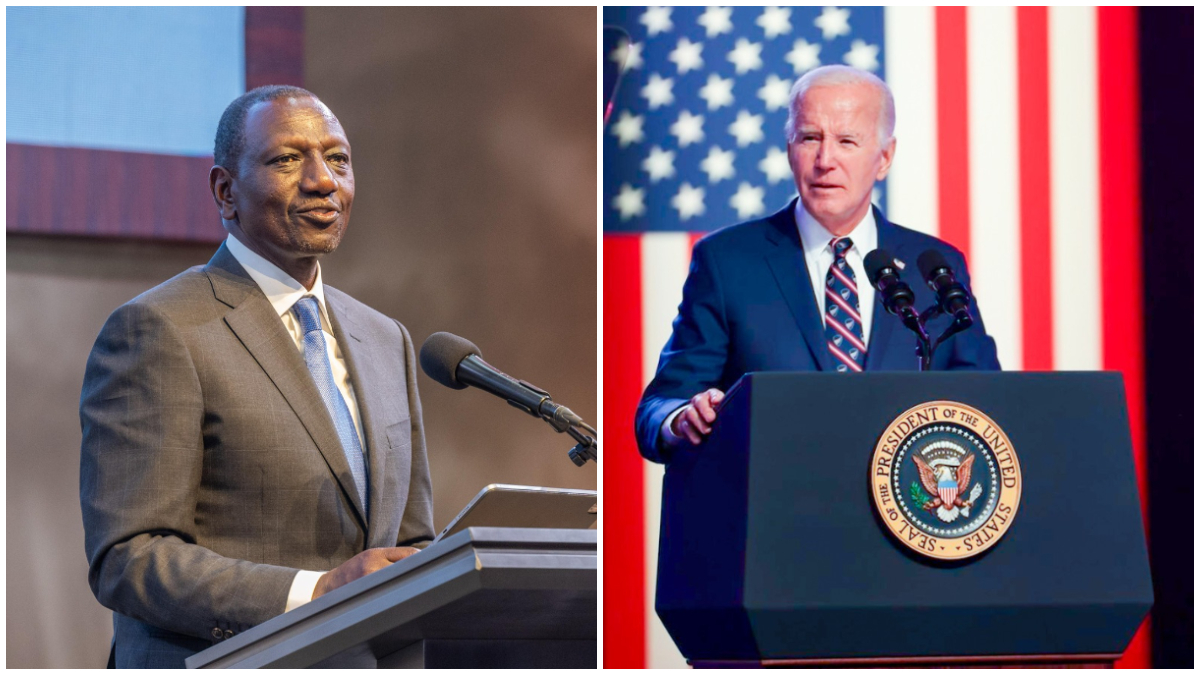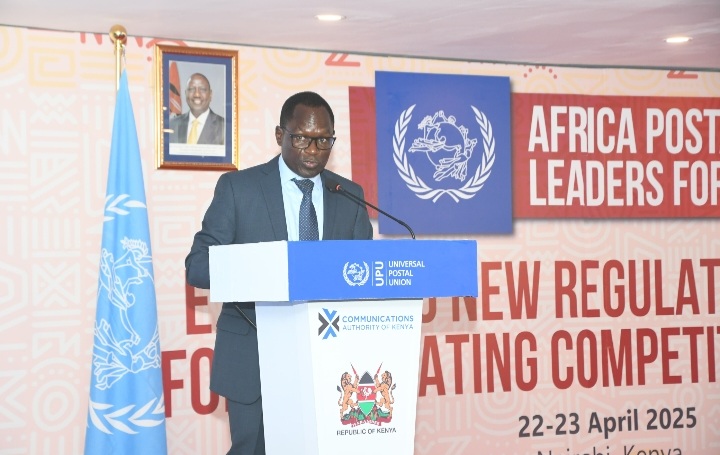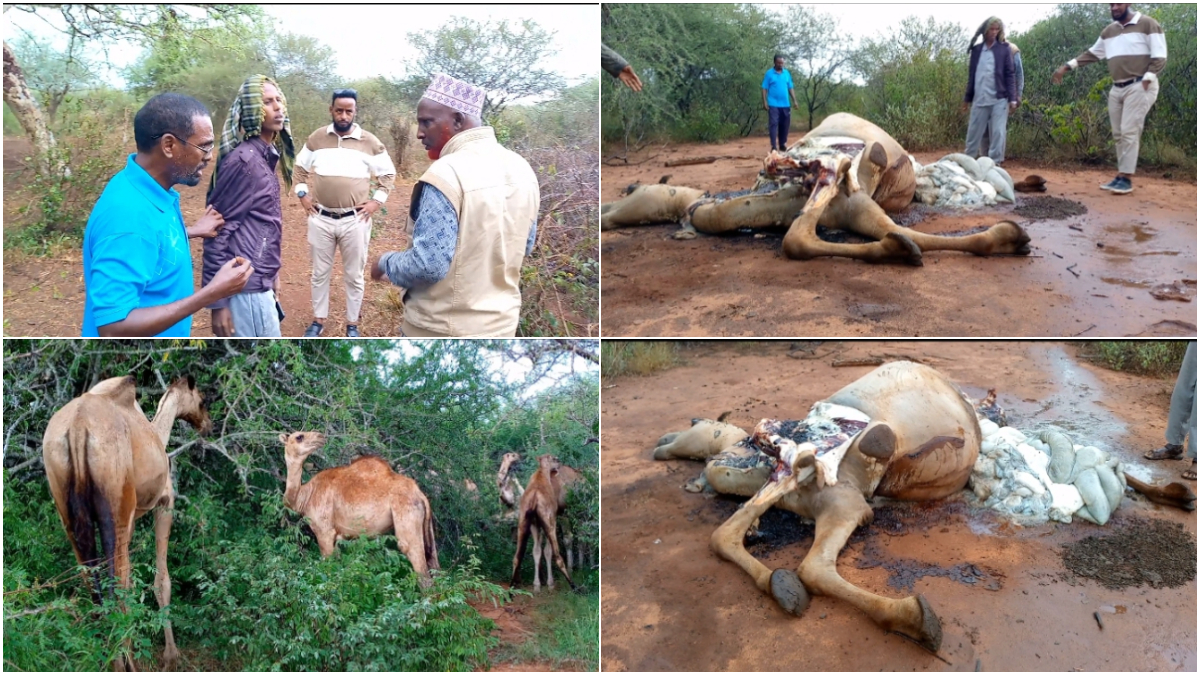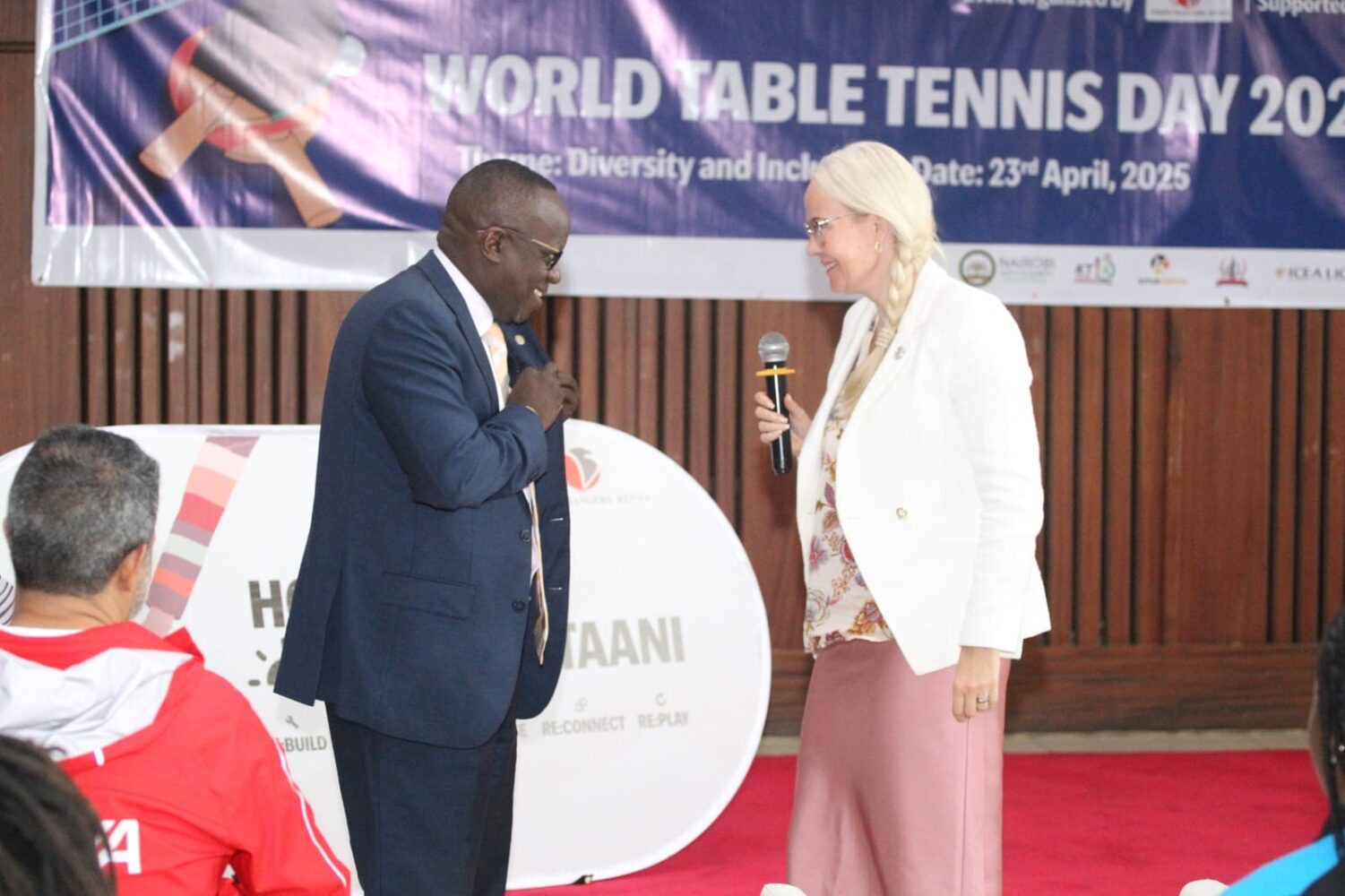During his four-day State visit, President William Ruto and his colleague from the United States (U.S) Joe Biden, are anticipated to have comprehensive discussions about trade and investment.
According to a full itinerary of Ruto’s visit shared by State House Spokesperson Hussein Mohamed on Sunday, President Ruto and Biden will hold bilateral meetings on Thursday, which will mostly concentrate around trade and potential avenues of opportunity for the two nations.
However, research produced by the U.S Congressional Research Service voiced worries about many issues that could impact how effective the talks end up. Kenya-U.S economic relations are now being encouraged through the African Growth and Opportunity Act (AGOA).
AGOA is a piece of legislation passed by the U.S Congress in May 2000 that attempts to strengthen economic cooperation between Sub-Saharan African countries and the U.S.
According to data released by the U.S Trade Representative, Kenya is the fourth largest beneficiary of the AGOA Act, having contributed items worth USD614 million (KSh80.5 billion) between 2001, when the Act went into effect, and 2022.
Kenya and the United States sought to sign a Free-Trade Agreement under the administration of former American President Donald Trump, but the talks fell through.
President Biden’s administration has tried hard to succeed where Trump’s administration failed, spearheading the Kenya Strategic Trade and Investment Partnership (STIP) in July 2022.
Since the start of the STIP talks, the countries have had at least three rounds of talks, which are likely to continue during President Ruto’s visit to the White House.
According to the U.S Congressional Research Service, the U.S government may seek to negotiate commitments similar to those found in comprehensive free trade agreements with comparably more developed countries, which could harm Kenya due to its lower middle-income position.
This might also pose difficulties for Kenya’s government, which is under local pressure to preserve protections for import-sensitive and indigenous industries.
Furthermore, Kenya fiercely safeguards major economic sectors, such as agriculture, through various policies. The United States has repeatedly mentioned this as a possible trade obstacle, as increased taxes on dairy (53.1%), animal goods (30%), and grains (28.1%) have previously been highlighted as examples.
The United States has also identified Kenya’s customs procedures as inefficient, potentially impeding trade.
Another point of worry for president Biden’s administration is that the US government has previously referred to Kenya’s 2019 Data Protection Act as opaque, creating uncertainty for cross-border data flows.











